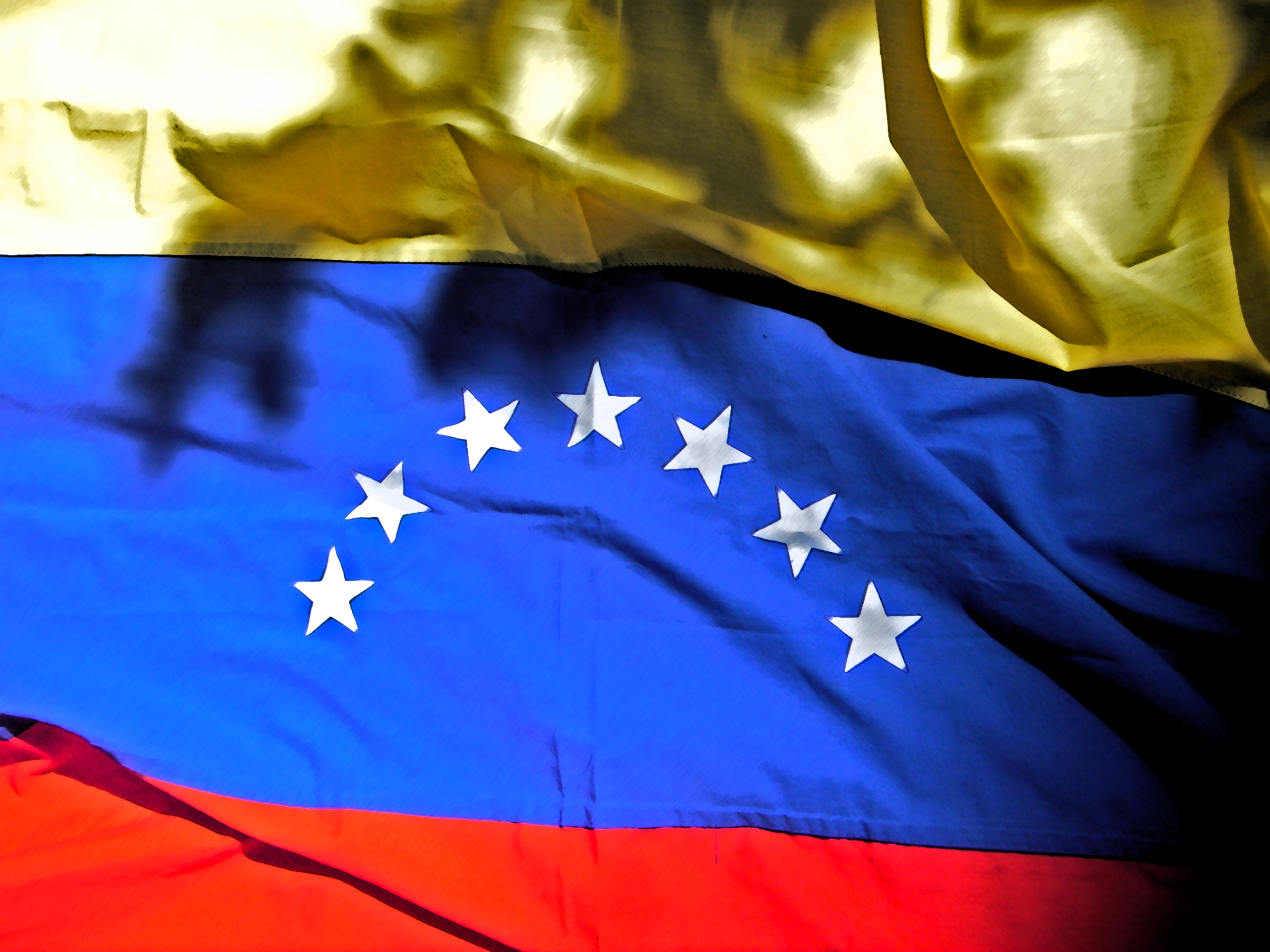 Cuba has long held influence over the much larger — in size, population and economy — Venezuela. Cuban leader, Fidel Castro, positioned himself as both political mentor and personal advisor to the late Venezuelan President, Hugo Chavez. Chavez, in turn, made sure that Havana was kept supplied with cheap oil. Current President, and Chavez successor, Maduro is running out of places to turn for help; he has even shrugged off some of the suggestions made by his neighbors in South America.
Cuba has long held influence over the much larger — in size, population and economy — Venezuela. Cuban leader, Fidel Castro, positioned himself as both political mentor and personal advisor to the late Venezuelan President, Hugo Chavez. Chavez, in turn, made sure that Havana was kept supplied with cheap oil. Current President, and Chavez successor, Maduro is running out of places to turn for help; he has even shrugged off some of the suggestions made by his neighbors in South America.
Today, Venezuela is in turmoil and the government’s opposition leaders have turned attention to the role which Cuba has played in the history of Venezuela. It’s a fact that troubles many people who would support the Venezuelan government otherwise. Each month, a larger piece of the Venezuelan import pie is sent through Cuban-controlled companies and the island nation has sent thousands of people to Venezuela to help with medicine and social work. The American government has focused as well on the Cuban connection and much of the anti-Havana speeches made by ultra-conservatives in Washington have called for America to act.
With Venezuela’s socialist government sliding downhill faster than the Titanic, Cuban leaders may be reminded of the break-up of the former Soviet Union in 1991.
Anti-Maduro marches are widespread in Venezuela and are quickly — and brutally — stamped out by the police. Armed groups roam the streets, inflation is rocketing and electrical blackouts all join with a shortage of basic goods. The shortages and violence is driving the political crisis in Venezuela.
In early April 2014, it looked like the crisis was over and a solution had been found. Leaders of several Latin American countries formed UNASUR, Union of South American Nations, to try to coax the Venezuelan government and the opposition to start a conversation seeing how best to clear away the mud in which the government vehicle has been stuck for months.
The Vatican, the US and several European nations all supported the idea of UNASUR. Within 48 hours, both sides had agreed to meet and even appointed representatives to state their side of the issue. A few meetings were held and then government agents barbarically confronted students who had been demonstrating daily against the dire situation in Venezuela. Violence ensued as the government authorities resorted to old tactics of brutality and the meetings ceased. The opposition, known as the Table of Democratic Unity, left the room while Ecuador, Colombia and Brazil each kept their foreign ministers in Caracas to continue the talks.
The situation, as it stands now, cannot continue. Maduro constantly accuses the opposition of working with the United States to bring Maduro and his administration to its knees. Maduro recently went so far as to accuse the opposition of working with American officials on assassination plans. While Maduro continues to point blame at others for the country’s problems, he has turned loose paramilitary organizations who appear to have been trained by Cuban military advisers still present in Venezuela.
The armed groups, under Maduro’s control, have caused much of the violence as they attack the protesters. As the protesters are being brutalized by Maduro’s bully army, the economic and social situation is disintegrating. The shortage of basic goods increases and blackouts are getting more frequent. Inflation has risen more than 40 percent so far for the year. Many economists are predicting that it will escalate.
As if shortages were not enough, violent crime is out of control and murder has risen to more than 70 per 100,000. The streets are not filled solely with a few poor and dissatisfied students, the middle and upper classes are marching int he streets in greater numbers. Maduro should realize if the wealthy aren’t happy, then his days are numbered.
The poor in the society are the bystanders. Many of them have been the recipients of Chavez’s largesse since 1999 and they cling tenaciously — but hopelessly — to his successor. More than 80 percent of Venezuela’s pesos come from foreign sails of petroleum. From 1979 to 1999, the price of one barrel stayed at $10 (USD). From 1999 until 2013, the price rose to more than $80(USD) a barrel. Meanwhile, oil production has declined slightly and the government has halted investment in research and development for new exploration and facilities are no longer being modernized.
While Chavez was noted for being a lousy economist and social planner, Maduro is much worse. Economic development in Venezuela has been the lowest in South America for the last two decades, well below 2 percent per year. Because of failed social programs which Chavez instituted, Maduro rode to the presidential election in April 2013 by less than one percent of the vote. Maduro is far from having a mandate to run the country.

